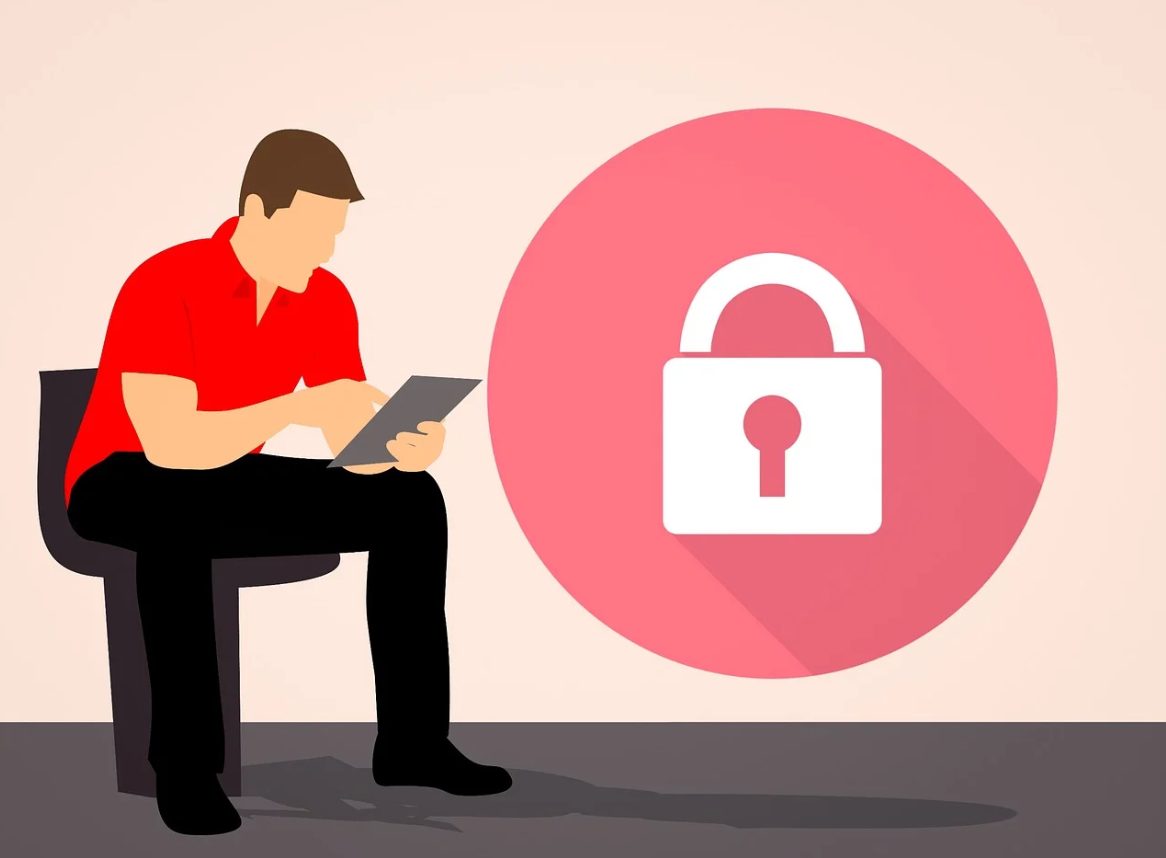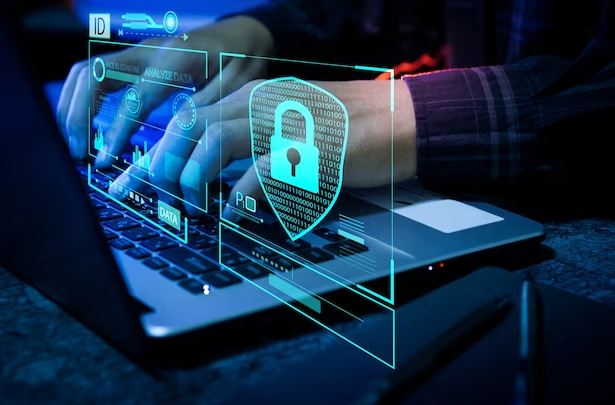How to Become a Cybersecurity Analyst in 2024

Credit - Freepik
Protect digital systems, analyse threats, and put security protocols in place. Examine the roles and responsibilities needed in this ever-changing field of cybersecurity analysis for cyber threat protection for organisations.
The basics of what cybersecurity analysts do are well known to us. They protect our data, battle cybercrime, and address any weak spots. However, many people find it somewhat mysterious when they dive into the specifics of a cybersecurity analyst job.
While it is true that they protect us from harmful content on the internet. A security professional's daily to-do list is longer than we might imagine. Continue reading if you are considering yourself to be a cybersecurity analyst. We will reveal the details of what skill you need and the tasks you will complete.
What Is a Cyber Security Analyst?
An analyst specializing in cyber security is similar to a company’s computer guardian. They prevent hackers from using the systems and network. This job examines upcoming computer trends, prepares emergency plans, investigates problems, reports security breaches to the organization, and instructs staff on safety protocols.
These cyber defenders also set up systems to prevent attacks and ensure everything is secure. Sometimes, they pretend to attack computer stuff to see where it might be weak.
Because cybercriminals are constantly creating new strategies, cyber security analysts need to be aware of what’s going on with their digital weapons.
Also Read -
How to Become a Cyber Security Analyst?
There are specific requirements to become a Cyber Security Analyst. Companies typically prefer it if you have a degree in information security or related fields. However, you can also enter this field by working in an essential IT position.
Basically, you can learn by getting online bootcamps and earning certifications. Some of the quick courses also teach you about cybersecurity. Having a certificate increases your value and attracts employers. Thus, you don't need a fancy degree to advance in this field. Just show what you know, and you can go far.
Roles and responsibilities:
A Cyber Security Analyst gets ready for and responds to cyberattacks. Though their methods may differ, the basic idea always remains the same. Let's examine some typical roles and responsibilities for Cyber Security Analyst:
Investigating Security Breaches
A company may suffer a lot from a data breach. These may destroy trust and cost tons of money as well. As a cybersecurity analyst, your job is to investigate these breaches, find the evil hackers, and strengthen your company's security.
In the digital era, you have to use your detective skills. Check for evidence of a break-in, find out any issues or leftover lousy stuff, and try to regain what was lost. You might work for a company to solve digital crimes if you have these detective skills.
Working with a team to locate vulnerabilities
As a cybersecurity analyst, identifying weak spots before any troubleshooting is critical. You check for possible dangers in vulnerability assessments. This helps you see what information and stuff might be at risk and why a bad thing could happen later.
Working together is critical, generally not only with tech professionals but also with non-techies. A Cyber Security Analyst is responsible for educating non-techies about the new security guidelines and showing them how to stay safe from these attacks. The aim of this is to keep everyone informed about it.
Doing ethical hacking:
Now, let's talk about ethical hacking, a valuable technique for cybersecurity analysts. cybersecurity analysts find vulnerabilities and fix them before anything bad happens unlike other bad hackers. If you love solving puzzles and figuring out challenging security problems, this part of the job is like a thrilling game.
You can test your system with exceptional tools like Kali Linux and Metasploit. Security experts made Kali Linux. But Metasploit is a tool both good and bad hackers use to find the same weak points but for different reasons.
Installing and Operating Security Software
Being a cybersecurity analyst requires a lot of work with software. To keep things safe, you install and operate security programs. To begin with, you could install software that secures the entire system, including logins and emails. Boost device security, prevent malware from entering, and protect your network against hidden attacks. You can monitor data flow, secure your company website, and test for vulnerabilities with special tools.
Creating and putting into practice:
A cybersecurity analyst must establish safety guidelines for all team members, including non-techies and bosses. In the modern tech world, security is critical for many jobs. These safety rules are not just for show. Every member of the group must be aware and follow them. As the Cyber Security Analyst, you are the one making these rules. Remember that the team's safety depends on who is the weakest link in the security chain.
Cyber Security Analyst Salary
Now, let's talk about money for a cybersecurity analyst. Earning potential as a Cyber Security Analyst depends on several factors. Basically that includes education, experience, and place of work. According to the US Bureau of Labor statistics, approximately $99,730 is the average salary. The top earners, the top 10 percent, take home more than $158860 annually. On the other hand, the bottom 10% still make roughly $57810 per year. That is the scoop on the paycheck.
Certifications Required to Become a Cyber Security Analyst
Many certifications are beneficial for both new and experienced Cyber Security Analysts. They enhance your abilities and help you stand out.
Certified Ethical Hacker Certification
With a Certified Ethical Hacker certification, you can use your hacking abilities for good and legal purposes. It shows how to take advantage of vulnerabilities just like the bad guys do. but to use your skills to assess and improve an organization’s security can be your main goal.
Also Read -
CISA Certification
If you have a Certified Information Systems Auditor (CISA) Certification (ISACA). It is comparable to a worldwide high five, showing your information system security, control, and auditing skills.
CISSP Certification
If you get the Certified Information Systems Security Professional (CISSP) Certification. It shows you are a pro at making and keeping a safe business world using global security rules.
Conclusion
Becoming a cybersecurity analyst is like unlocking a digital superhero journey. We explore everything, like battling virtual villains, creating safety rules, and earning excellent certifications. Remember, the goal is to make everyone’s digital world safer. it goes beyond tech language. If you learn, you will be the one protecting the internet.








